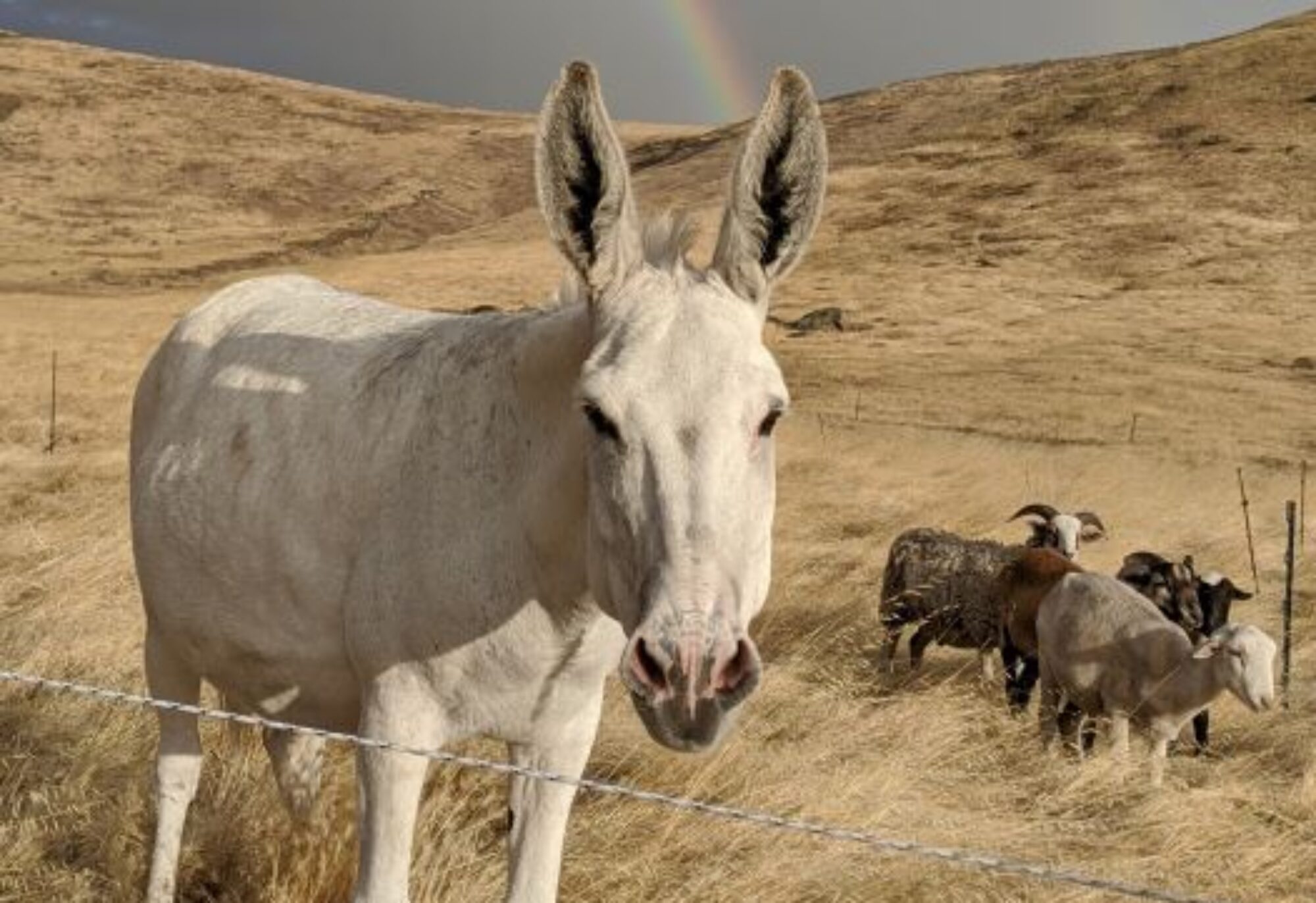“Ask a city kid where milk comes from and he’ll tell you ‘the grocery store'”. I first heard that from my Grandpa John when I was about 6 years old. I don’t know whether any kids would actually answer that way, but I sure thought it was funny at the time.
I am now in my mid-thirties and I’m not nearly as amused by it. Not the saying itself, but the thought that most of us don’t really know where our milk comes from. I imagine for most of my Grandpa’s life, he knew exactly where his milk came from, possibly down to which udder. I don’t remember it, but I’ve heard stories about my parents buying milk from the dairy just up the road from us when I was young, though I don’t think that was the norm even then. And now, I would be surprised if more than a handful of people could honestly say they know where their milk came from.
This goes beyond milk too. Where did that chicken, beef, or pork you had for dinner come from? Maybe you’ve grown a vegetable garden so you know where that tomato your eating came from, or you went to the farmers’ market and you met the farmer that sold you your lettuce. If that’s the case, good for you. It’s a start. But I’d venture to guess most of us don’t know where most the food that we eat comes from.
So what’s the point? So what if we have to answer the question “where does your milk come from” with either an “I don’t know” or “a farm somewhere, I think”? If I don’t know where my food is coming from, I don’t really know what’s going into it. I don’t know how the animal is being treated or what it’s being fed. I don’t know what pesticide and herbicide is being sprayed on the produce. I don’t know what’s being added during the processing. You may be thinking that labeling takes care of that. All the ingredients are listed. They even go as far as to put if the facility processed nuts. If I’m worried about the pesticides, there’s organic produce. If I’m worried about how the animals being treated, there’s cage free eggs. I like these things and I’m glad they exist, but there’s still not a real knowing. Not the same kind of knowledge my parents had when they drove past our neighbors dairy and saw the cows out on the grass pasture, and then walked into their milking parlor and see the milking machines were clean. And definitely not the same knowing my grandpa had when he pulled up the milking stool next to his favorite cow.
This is one of the main reasons my wife and I are starting Swift Kick in the Buttes. We want to create a farm where you can drive by and see us moving the sheep to a fresh patch of grass, or see the chickens scratch for bugs and lay in their dust bath. We want it to be a place where you can know your food as much you want.
We’re going to be selling locally so that anyone buying the meat has the opportunity to come see our farm and meet us and our animals. Our farm is right off the road along a beautiful drive through the Sutter Buttes. We have lambs and chickens out there now with plans to add cattle and pigs soon. We really do hope to help you answer at least part of the question “where does your food come from”.

